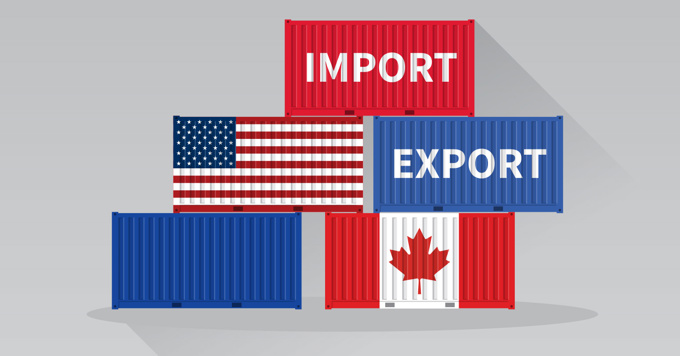As Canada prepares to host this year’s G7 summit in Kananaskis, Alberta, global uncertainty is reshaping one of the world’s most influential alliances. Trade tensions, rising authoritarianism, and digital disruption in the form of artificial intelligence are just some of the immediate challenges facing the economic bloc.
In a wide-ranging interview, Andreas Schotter, Professor of International Business at Ivey, explains what’s at stake for Canada, and how the country can use its role as host to provide meaningful global leadership.
What is the G7, and why does it still matter in 2025?
The G7 is a gathering of seven advanced democracies, Canada, France, Germany, Italy, Japan, the United Kingdom, and the United States, along with the European Union, which participates but is not counted as an official member state. It was formed in the 1970s to tackle global economic shocks and remains a key forum for democratic nations to coordinate on trade, security, technology, and other global challenges.
In a world increasingly shaped by trade wars, regional conflicts, and technological disruption, the G7’s relevance comes from its collective economic and technological influence, and its shared commitment to democratic values. But its influence is being tested by emerging alliances like BRICS and ASEAN, which are redrawing the global power map.
How do BRICS and ASEAN differ from the G7?
BRICS is a bloc of emerging economies, Brazil, Russia, India, China, and South Africa, that has recently expanded to include Egypt, Ethiopia, Iran, and the United Arab Emirates.
BRICS brings together a mix of authoritarian states and developing democracies. Its main goal is to challenge Western dominance by creating alternative institutions and trade systems that bypass the U.S. dollar.
BRICS’ growth means Canada must be vigilant to protect its trade interests and its democratic values in a changing global order.
ASEAN (Association of Southeast Asian Nations) is a regional grouping of ten Southeast Asian nations focused on economic cooperation, regional dialogue, and political stability. Unlike the G7 or BRICS, ASEAN is not a power bloc but rather a pragmatic platform for fostering economic ties and managing regional disputes. ASEAN’s economically diverse membership emphasizes consensus and non-interference.
For Canada, strengthening ties with ASEAN means diversifying trade and forging partnerships in a region that is vital to future global growth.
What role does Canada play in the G7, and what can it achieve as host in 2025?
Canada has always been a middle power in the G7, a facilitator and bridge-builder among larger players. Being the nice folks with polite diplomacy alone will not cut it in today’s world of trade wars, regional conflicts, and technological upheavals.
As host in 2025, Canada has a unique opportunity to shape the agenda. With U.S. President Donald Trump’s protectionist policies back in play, Canada must stand up for open, rules-based trade that protects Canadian jobs and industries.
Canada should push for collective action on geopolitical conflicts and climate change, insisting on real commitments, not just empty promises. And on digital governance, Canada can lead the charge to set global standards that reflect democratic values and protect privacy while promoting innovation.
Hosting the G7 should not just be handled as a ceremonial role; it is a chance for Canada to demand accountability and ensure that outcomes align with Canadian interests.
What are the most pressing challenges facing the G7 today and the best- and worst-case scenarios for each?
There are three major issues sure to be discussed by world leaders:
1) Trade wars and protectionism
- Best case: G7 leaders reaffirm their commitment to open, rules-based trade and coordinate policies that reduce tariffs, stabilize supply chains, and protect smaller economies like Canada from arbitrary measures.
- Worst case: If U.S. President Donald Trump’s tariffs escalate, then protectionism could spread, and the G7 might fracture. In this scenario, Canadian exporters lose access to key markets, jobs are threatened, and supply chains collapse.
2) Geopolitical conflicts
- Best-case: The G7 members are finally able to align on coordinated sanctions, energy strategy, aid, stabilizing markets, and protecting critical supply chains.
- Worst-case: Conflicts drag on, energy prices soar, and Canada’s economy suffers from higher costs and disrupted trade.
3) Digital transformation and AI governance
- Best case: I would like to see the G7 agree on democratic standards for digital governance, including strong privacy protections, fair competition, and responsible AI development. That would help Canada’s tech sector thrive.
- Worst case: The G7 remains divided, digital rules fragment and authoritarian models of digital governance spread. Big tech monopolies exploit loopholes, Canadian companies struggle, and citizens’ data and rights are put at risk.







